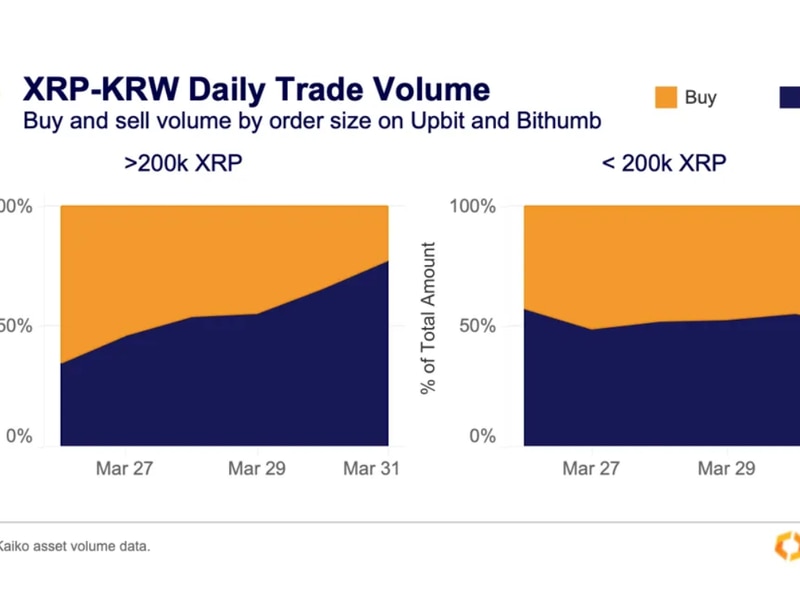VPN Usage Surges as Belarus Remains Offline
Incumbent Belarus President Alexander Lukashenko claimed victory Sunday night, but protestors and his opposition both claim the vote was rigged. (Serge Serebro, Vitebsk Popular News/Wikimedia Commons)
VPN Usage Surges as Belarus Remains Offline
Anti-censorship tools saw an uptick in popularity in Belarus, the Eastern European country whose citizens have been protesting for three days after contested presidential elections over the weekend.
Residents have been protesting the results of the election Sunday night, which 26-year incumbent Alexander Lukashenko reportedly won in a landslide. Many people believe the results were rigged and that leading opposition candidate Svetlana Tikhanovskaya was the winner.
As people took to the streets and some factory personnel went on strike, internet access went down nationwide. At the same time, electronic payments have been working, the Russian newspaper Komsomolskaya Pravda wrote.
Lukashenko denied pulling the plug, and the major Belarussian internet provider Beltelecom said its infrastructure was overwhelmed. On the third day of protests, people reported losing mobile internet connections and shared rumors cell phone services were the next to be cut.
‘At times shut off’
Locals have still been able to use the internet using virtual private networks (VPNs), and the Telegram messenger app remained intermittently accessible. Telegram CEO Pavel Durov wrote on Twitter the company “enabled our anti-censorship tools in Belarus so that Telegram remained available for most users there.”
“However, the connection is still very unstable as Internet is at times shut off completely in the country,” Durov added.
Telegram became one of the main coordination tools for protesters. Over one million people are now following the NEXTA channel, which is posting updates of the protest activities in real time.
In the meantime, people discovered new tools for getting around the blocked communication channels. Beyond VPNs, residents are using proxy services such as Psiphon, an open-source lightweight proxy server from the Citizen Lab and the University of Toronto.
Before Aug. 8, Psiphon saw zero connections from Belarus – today it reports over six million. In just two days, Belarus became the world leader in using Psiphon, followed by Iran and Saudi Arabia, according to the company’s own data.
People have been also sharing information on how to use VPNs, Psiphon and other tools, and organizing groups to test new open-source options to see what’s working. Some paid VPN providers offered limited free traffic to users in Belarus, including atlasVPN and TunnelBear.
Selective blocking
Before the election, local newspaper Brestskaya Gazeta reported the secretary of the Security Council of Belarus, Andrei Ravkov, told presidential candidates on July 30 that internet access might be blocked in case of “provocations” during the elections.
Cybersecurity expert Alexey Lukatsky believes the Belarus authorities might have disrupted internet connectivity in the country deliberately. In Belarus, all internet connections are concentrated in the hands of a few providers, so it’s not hard to pull the plug, Lukatsky said.
“Knowing how various countries have been blocking access to the internet during elections, I would suggest that it’s not the issues with the infrastructure but a deliberate decision to block access,” he added.
He also said the fact that people are still able to use VPN and proxy services proves that the authorities did not just unplug the whole country from the global internet.
“If that’s a total block or an infrastructure failure, proxies won’t work. But if it’s the government blocking particular websites via internet providers, VPNs and proxies help get around that,” Lukatsky said.
In case of a total shutdown, only access to satellite internet will help, or the custom-designed connection routes via neighboring countries using mobile service and WiFi, Lukatsky said. The former is expensive and the latter requires some tech skills.
The U.S. State Department condemned the violent crackdown on the protesters in Belarus. During the protest marches in Minsk and other cities of the country, people have been beaten by the riot police, detained by the thousands and one protester was killed.
Disclosure
The leader in blockchain news, CoinDesk is a media outlet that strives for the highest journalistic standards and abides by a strict set of editorial policies. CoinDesk is an independent operating subsidiary of Digital Currency Group, which invests in cryptocurrencies and blockchain startups.









